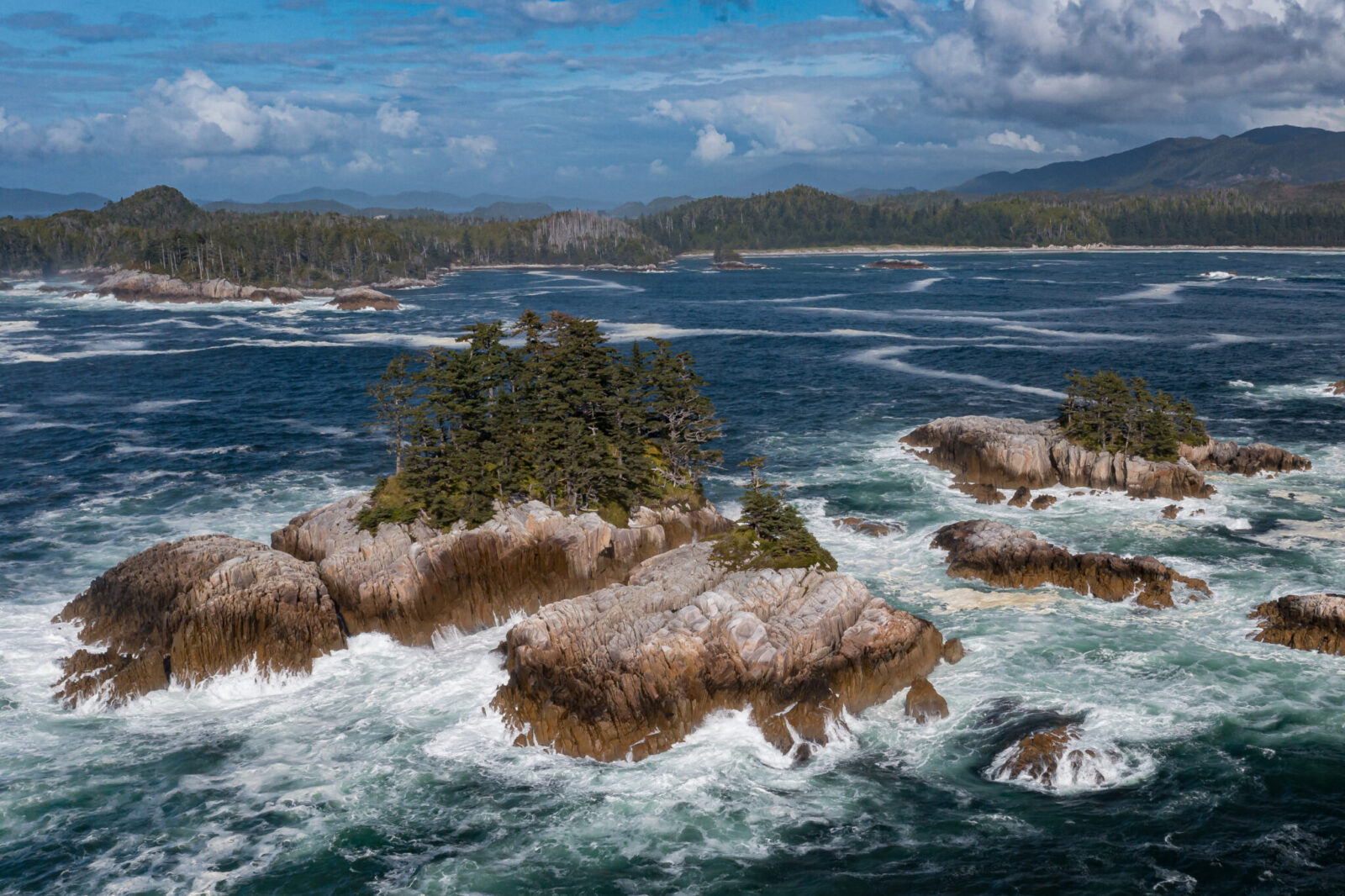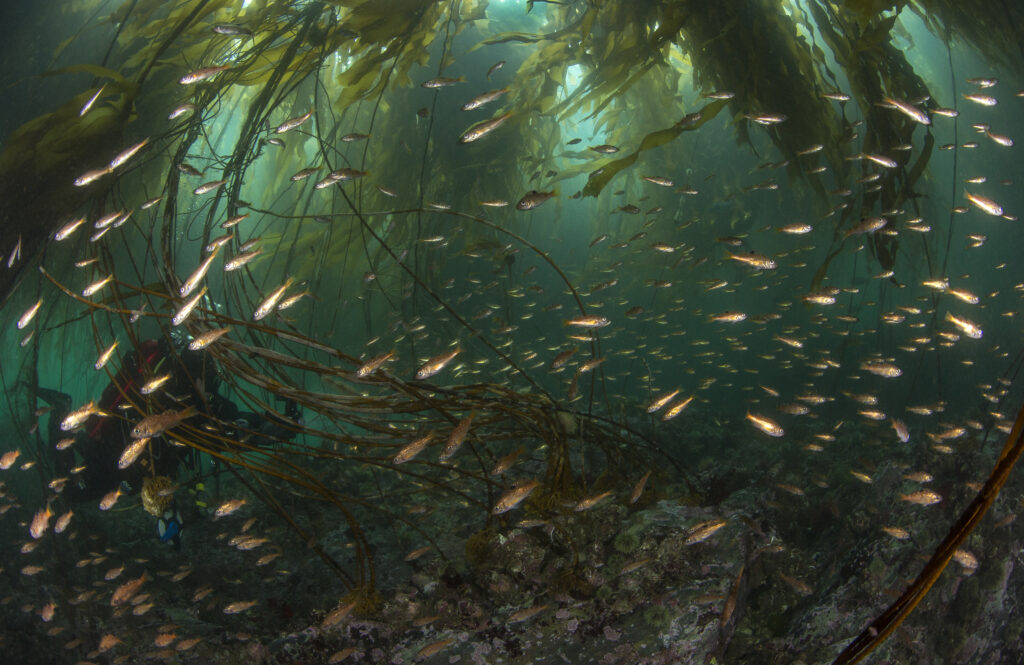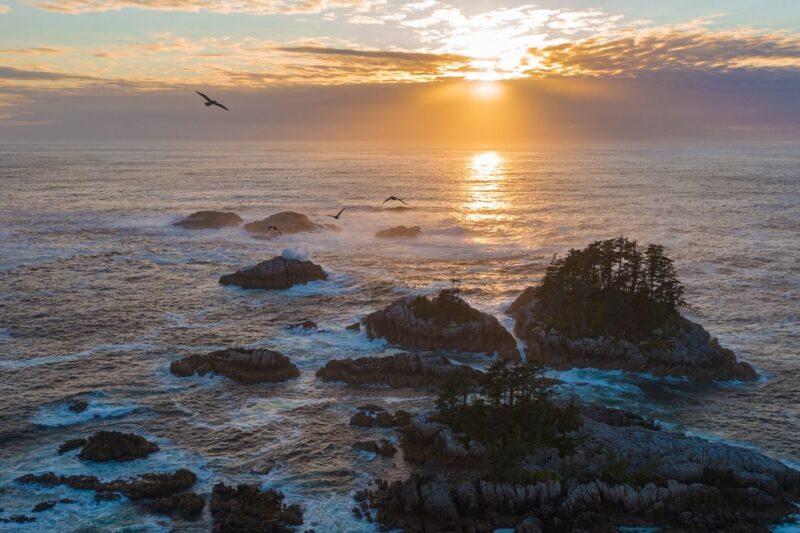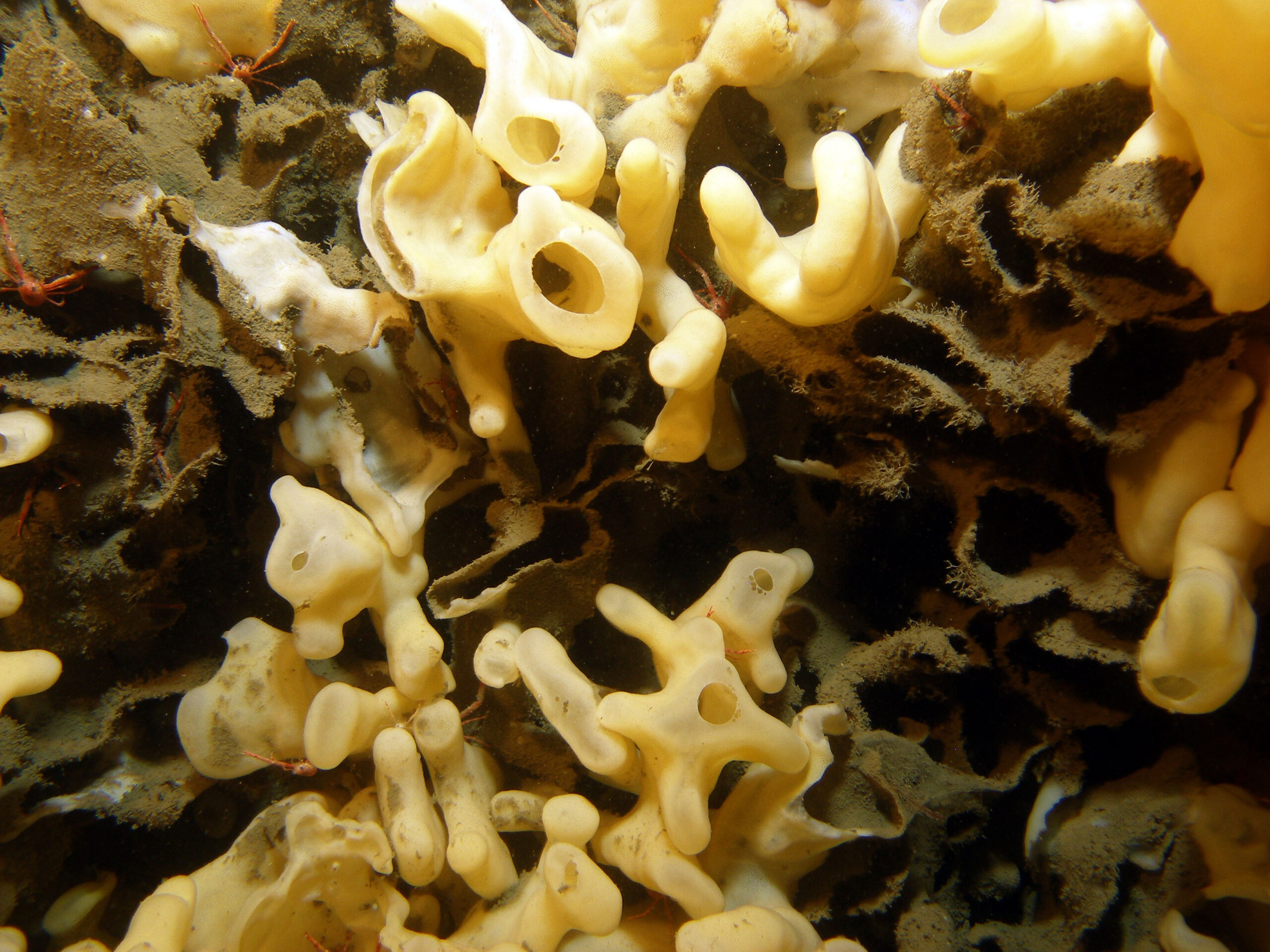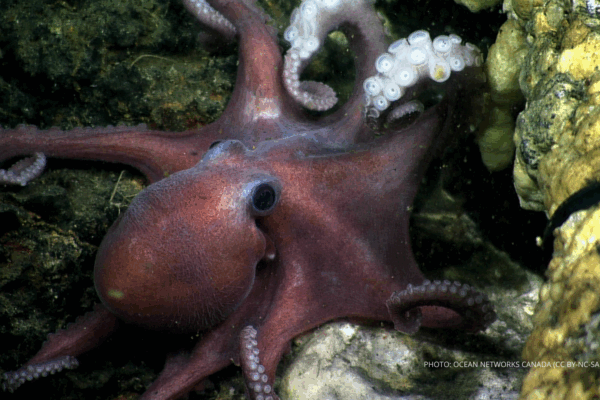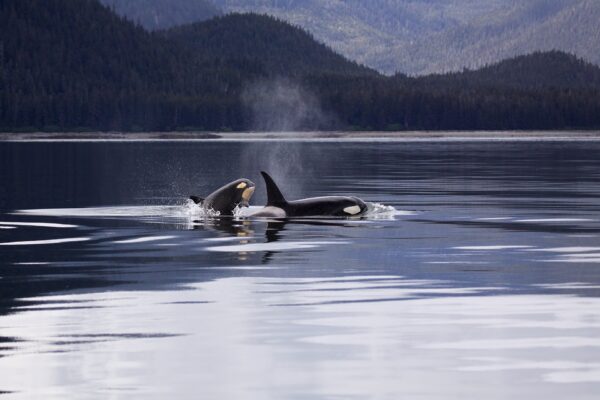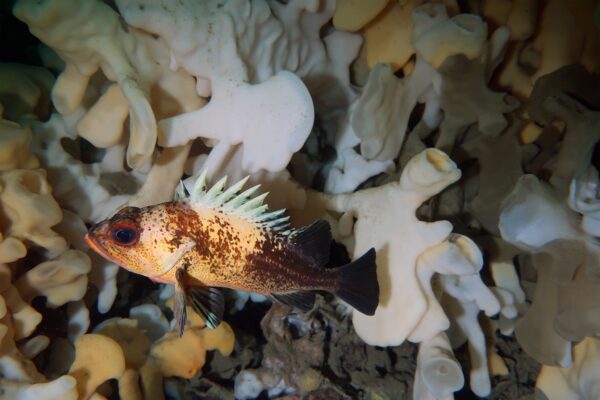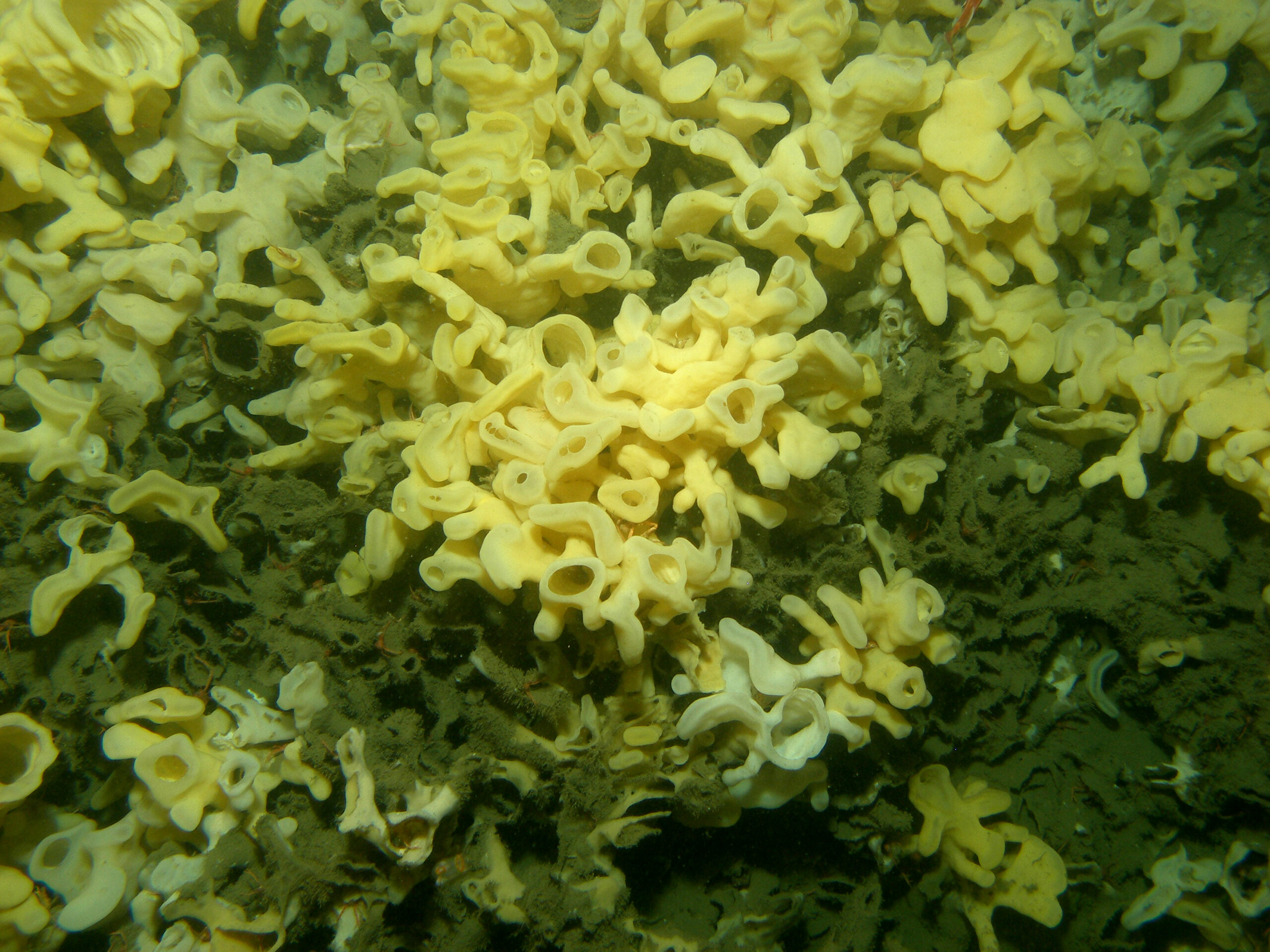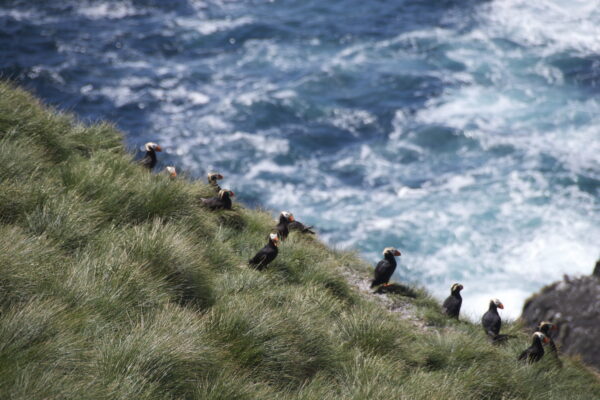The coast of British Columbia is home to rocky shorelines, intricate fjord networks, and a vibrant diversity of marine life.
From iconic orcas and humpback whales to silver schools of herrings, from salmon, which are foundational in both ocean and forest ecosystems, to shellfish, coastal and marine ecosystems across BC are a true marvel.
Beyond its ecological significance, these waters also hold cultural, social, and economic value for Indigenous communities, local residents, and the province as a whole. As a critical cornerstone of biodiversity and a source of sustenance, recreation, and culture, the ocean’s rich web of life calls us to safeguard its richness for future generations.
Unfortunately, overfishing, habitat degradation, increased shipping, and climate change are threatening the health and resilience of the ocean and the coastal peoples that depend on it.
CPAWS-BC is working to advance marine protection and promote sustainable ocean management. To secure a healthy ocean, now and for the future, we need to work together and uphold marine conservation standards by enforcing strong and effective protection, and strive beyond mere target numbers.
Keep reading to learn more about how we work, the different types of marine protection in BC, and where we are advocating for effective, strong marine management.
Our Campaign Areas
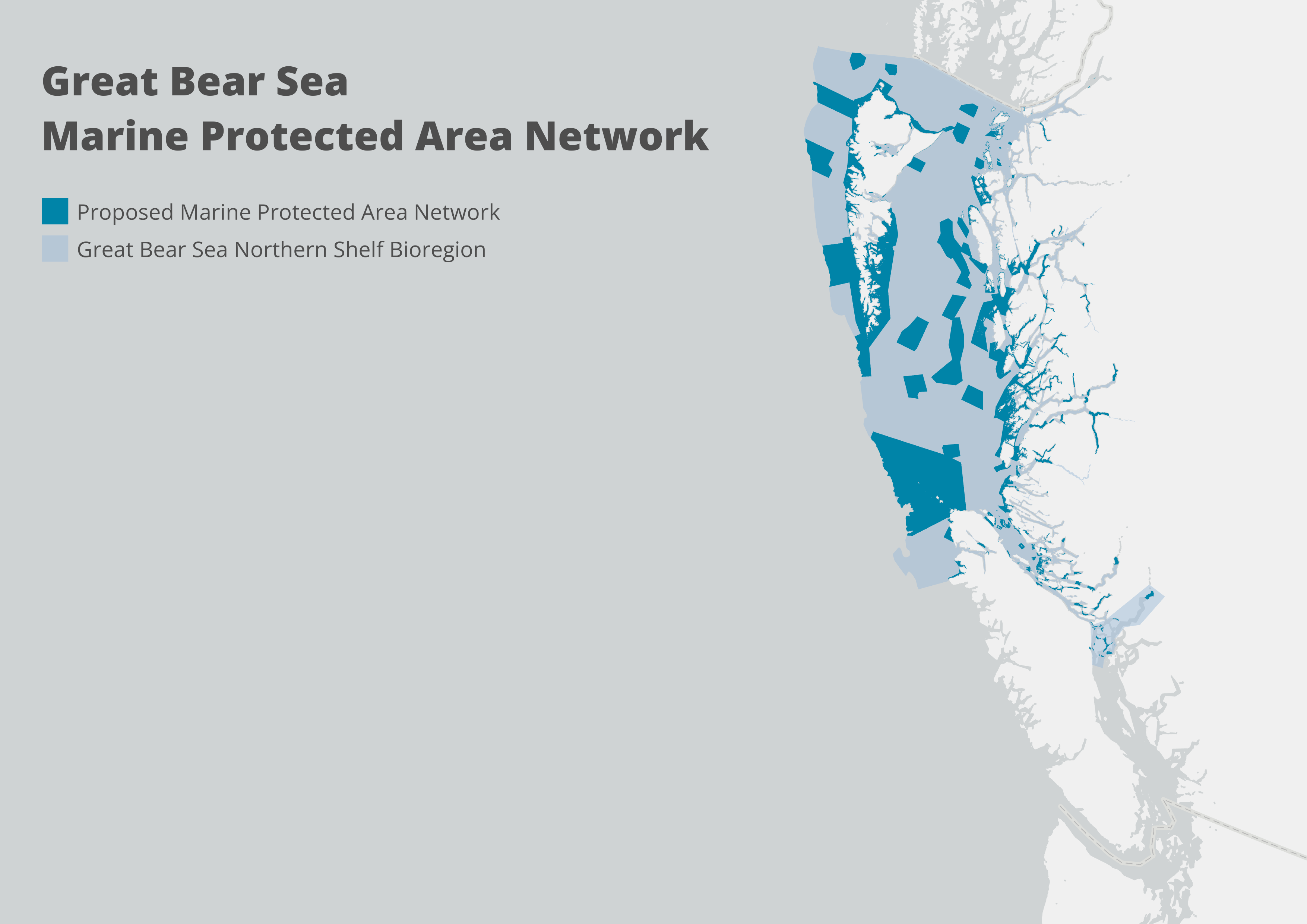
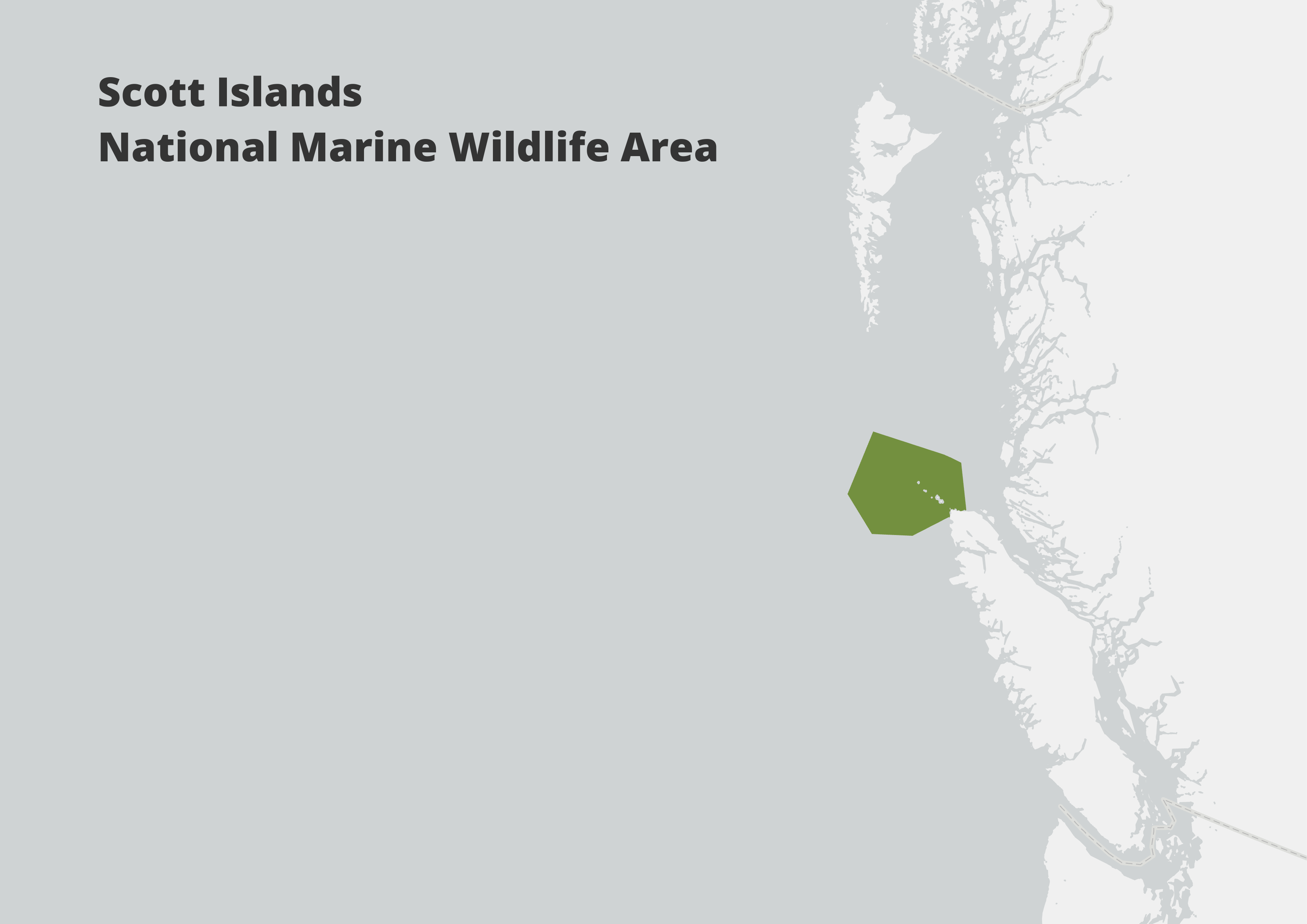
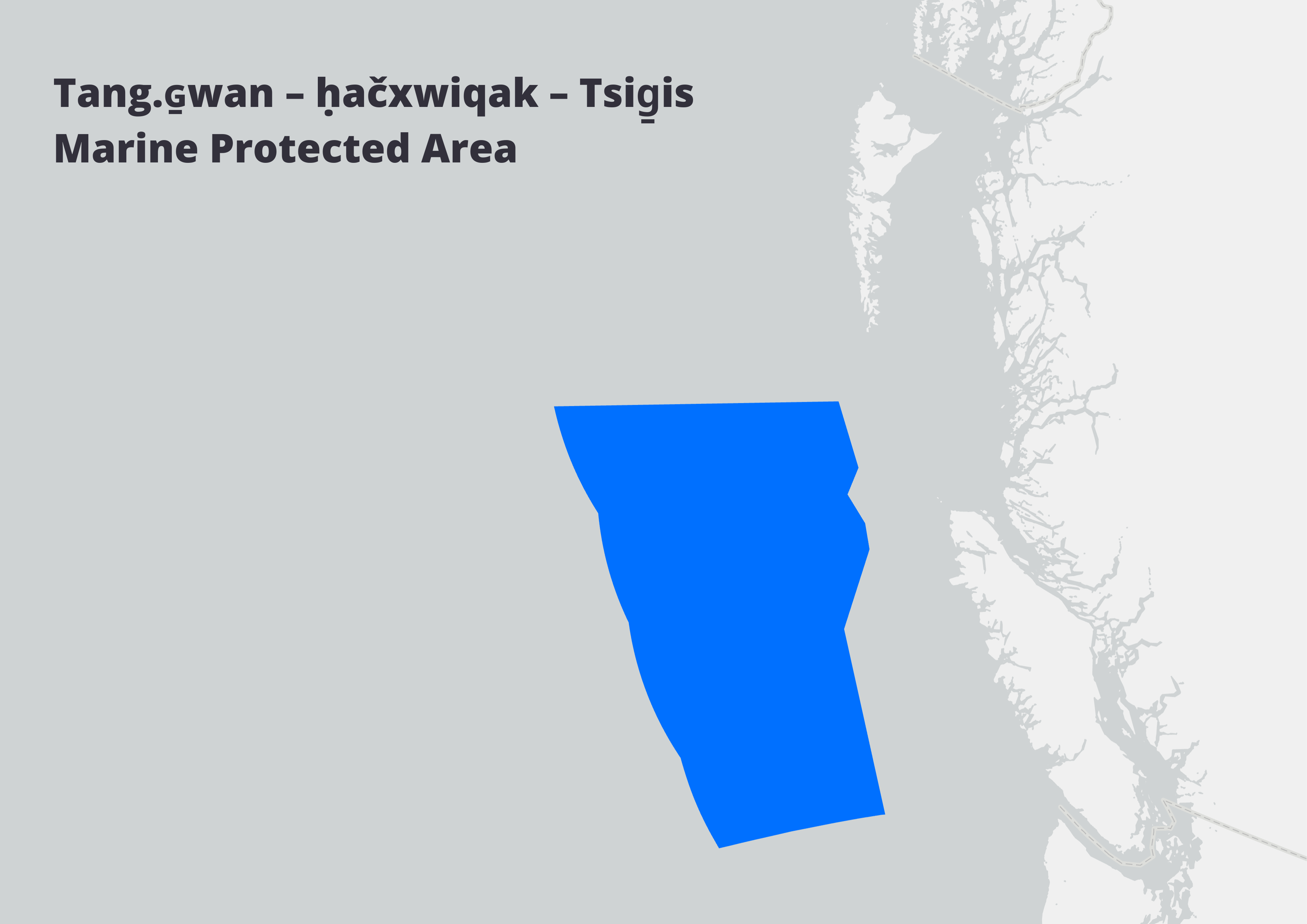
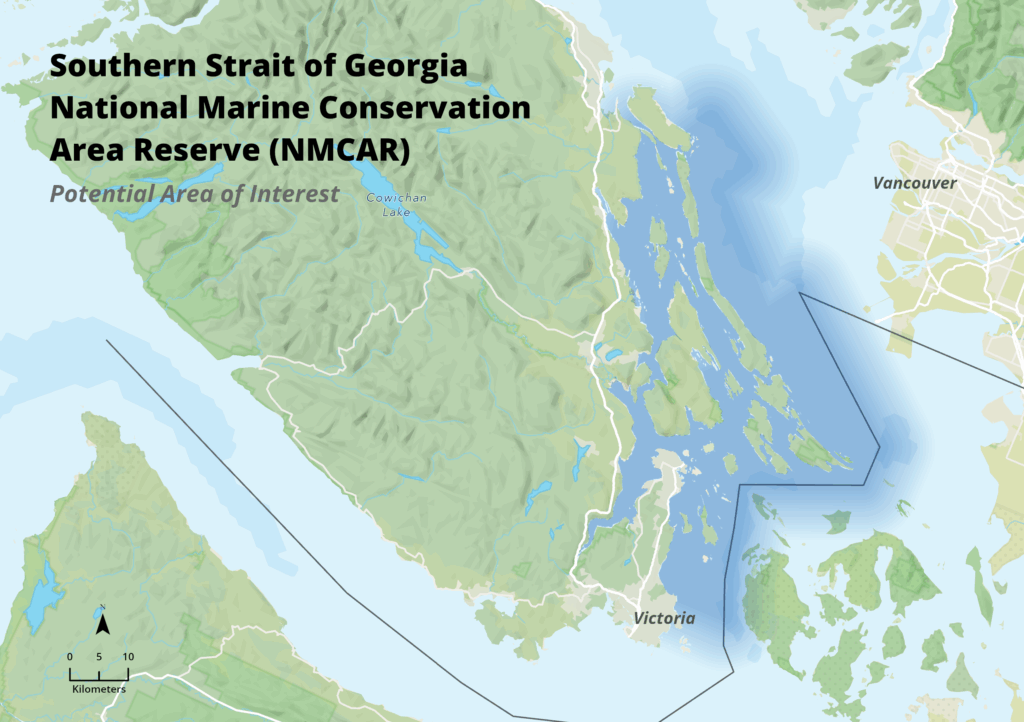
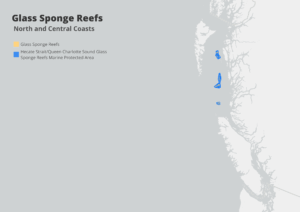
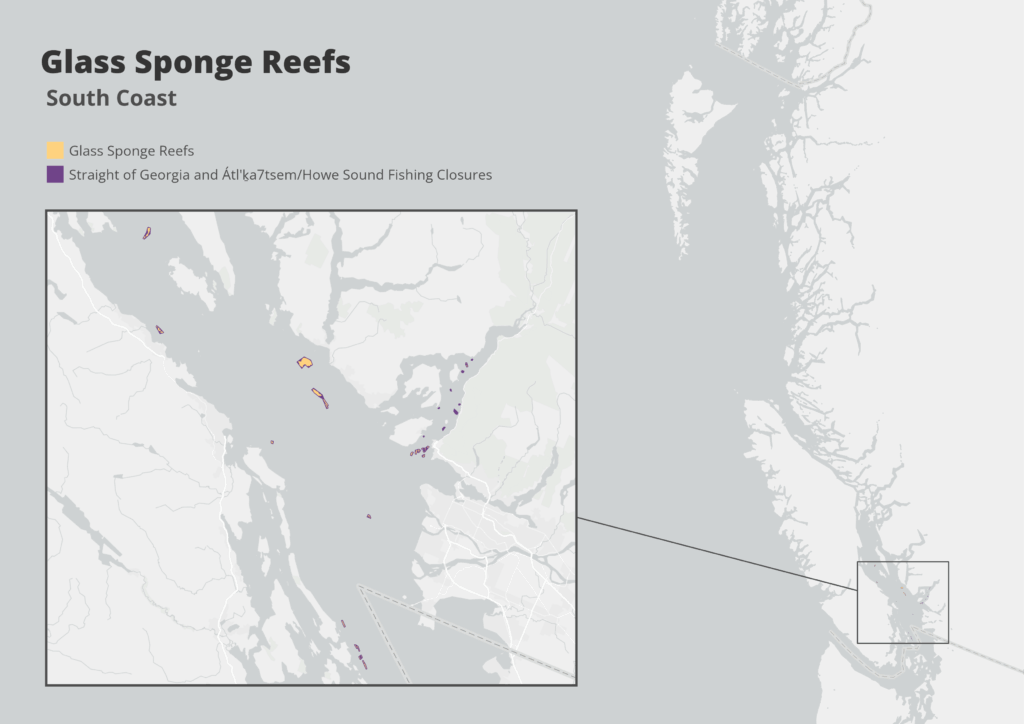
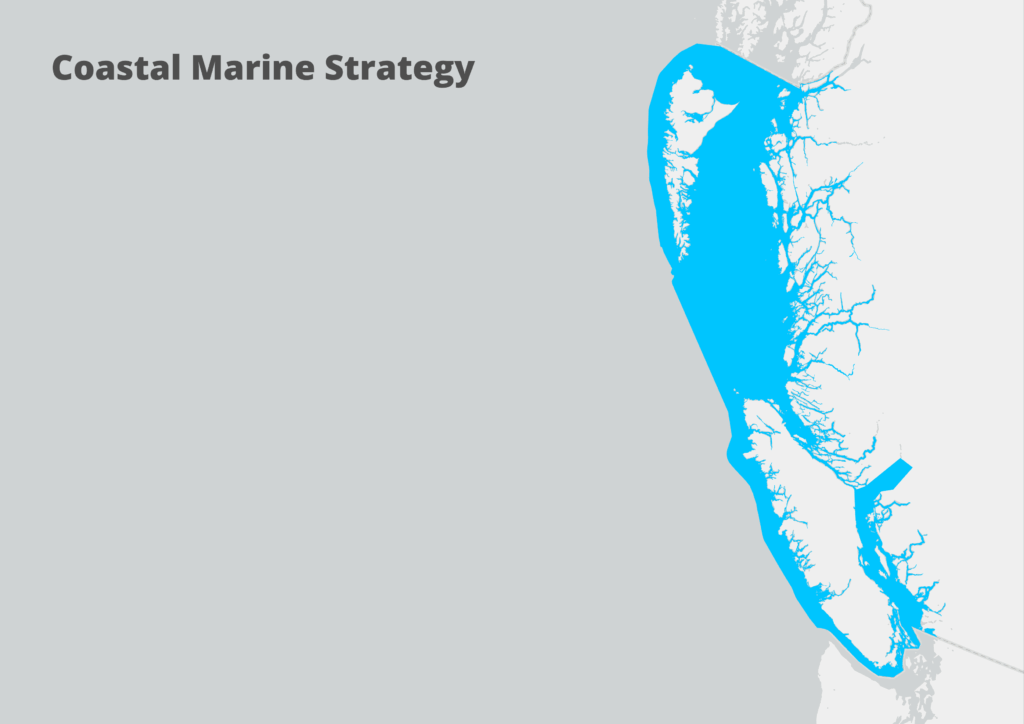
What We Do
Advocate
for effective, strong marine protected areas all across British Columbia
Engage
with First Nations, crown governments, communities, and conservation and industry stakeholders to establish new conservation areas and improve protection and management for marine protected areas
Inspire
people to actively engage in ocean conservation by participating in public consultations and advocating for strong protection in marine protected areas
Work With
conservation partners and communities to identify new priority areas and appropriate tools needed for protection measures
Collaborate
with scientists and community partners to study the benefits, opportunities, and impacts of marine protected areas
Support
Indigenous-led marine conservation by providing GIS capacity on projects, amplifying announcements, and raising awareness about the need to support Indigenous-led initiatives with governments and the public
Marine Protection Tools
Marine Protected Area
A collection of interconnected MPAs that are designed and managed to function together is called a Marine Protected Area Network. By considering entire ecosystems, MPA networks can provide more comprehensive benefits and achieve conservation goals more effectively than individual sites alone.
Marine Protected Area Network
A collection of interconnected MPAs that are designed and managed to function together is called a Marine Protected Area Network. By considering entire ecosystems, MPA networks can provide more comprehensive benefits and achieve conservation goals more effectively than individual sites alone.
Other Effective Conservation Measures
Areas (other than protected areas) that are managed to achieve long-term conservation outcomes even though conservation is not their primary objective. In Canada, the most common OCEMs are fishing closures, also known as marine refuges.
Indigenous Protected and Conserved Areas
The Indigenous Circle of Experts (ICE) report, We Will Rise, defines IPCAs as “lands and waters where Indigenous governments have the primary role in protecting and conserving ecosystems through Indigenous laws, governance and knowledge systems. Culture and language are the heart and soul of an IPCA.”
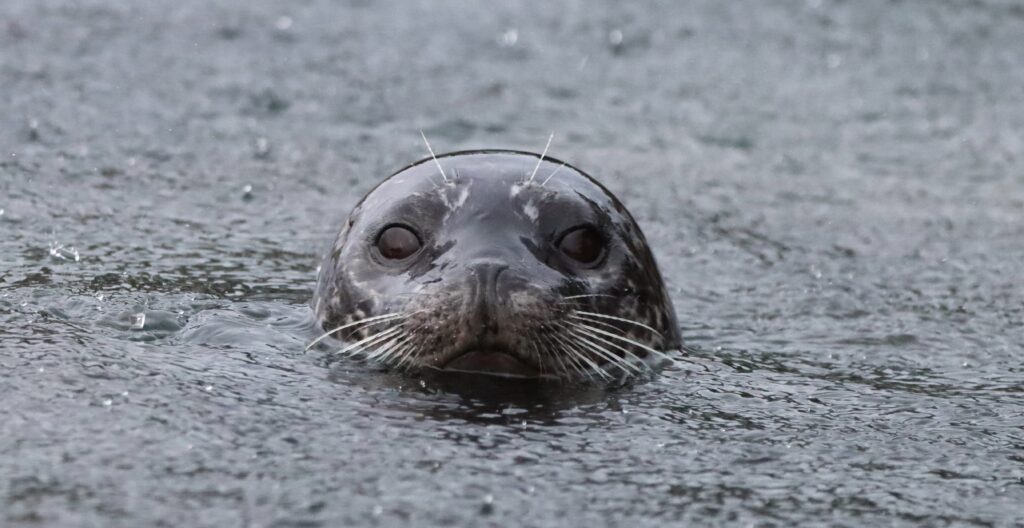
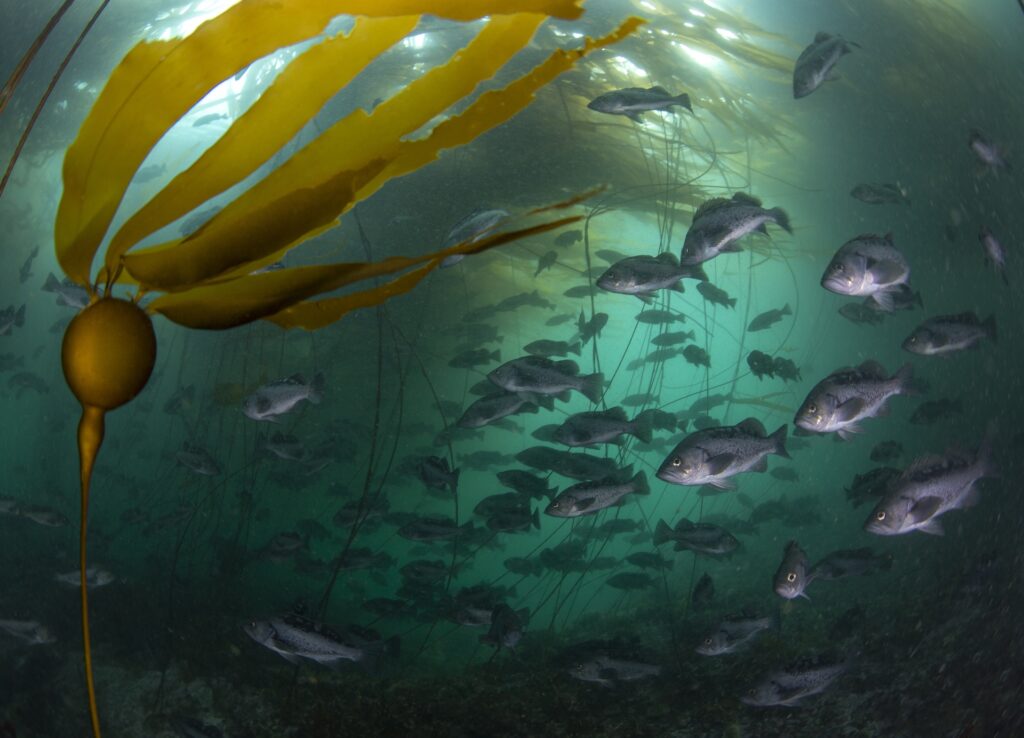
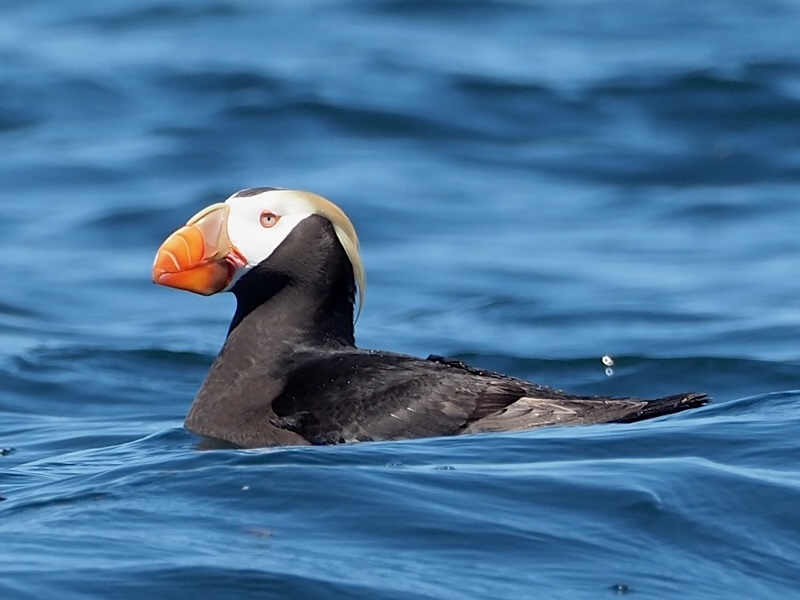
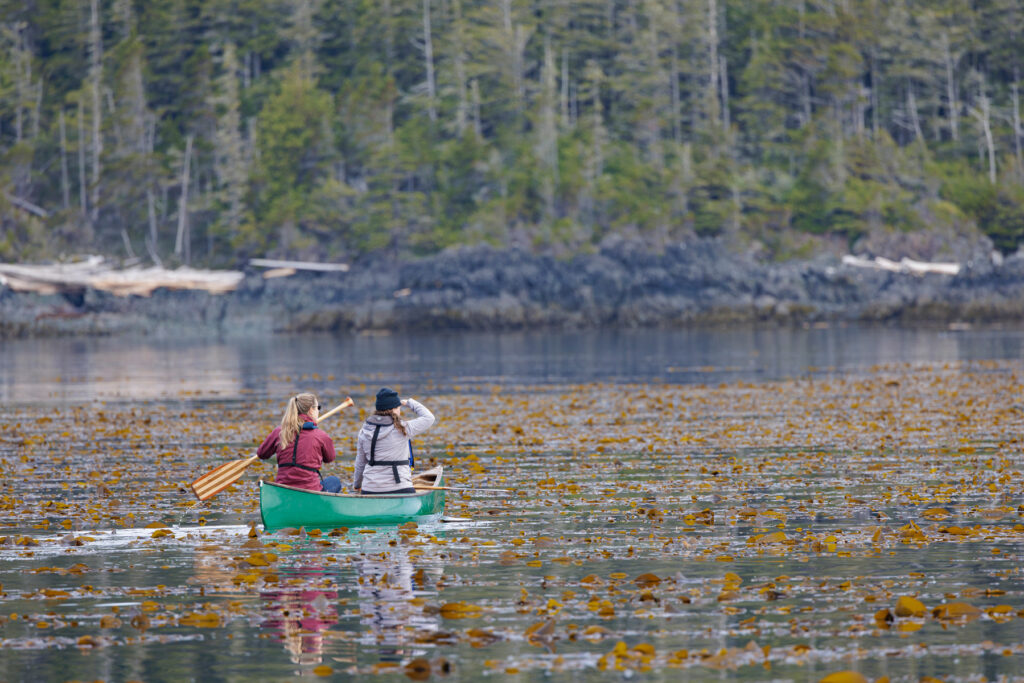
Learn more about Marine Protected Areas
Marine protected areass are a win-win, creating a future where both nature and people can prosper. Because in the end, our health, our well-being, our food, and our livelihoods depend on a healthy ocean. Let’s care for the ocean so it can continue to care for us.
Learn about the benefits here.
Ocean Conservation Campaigns
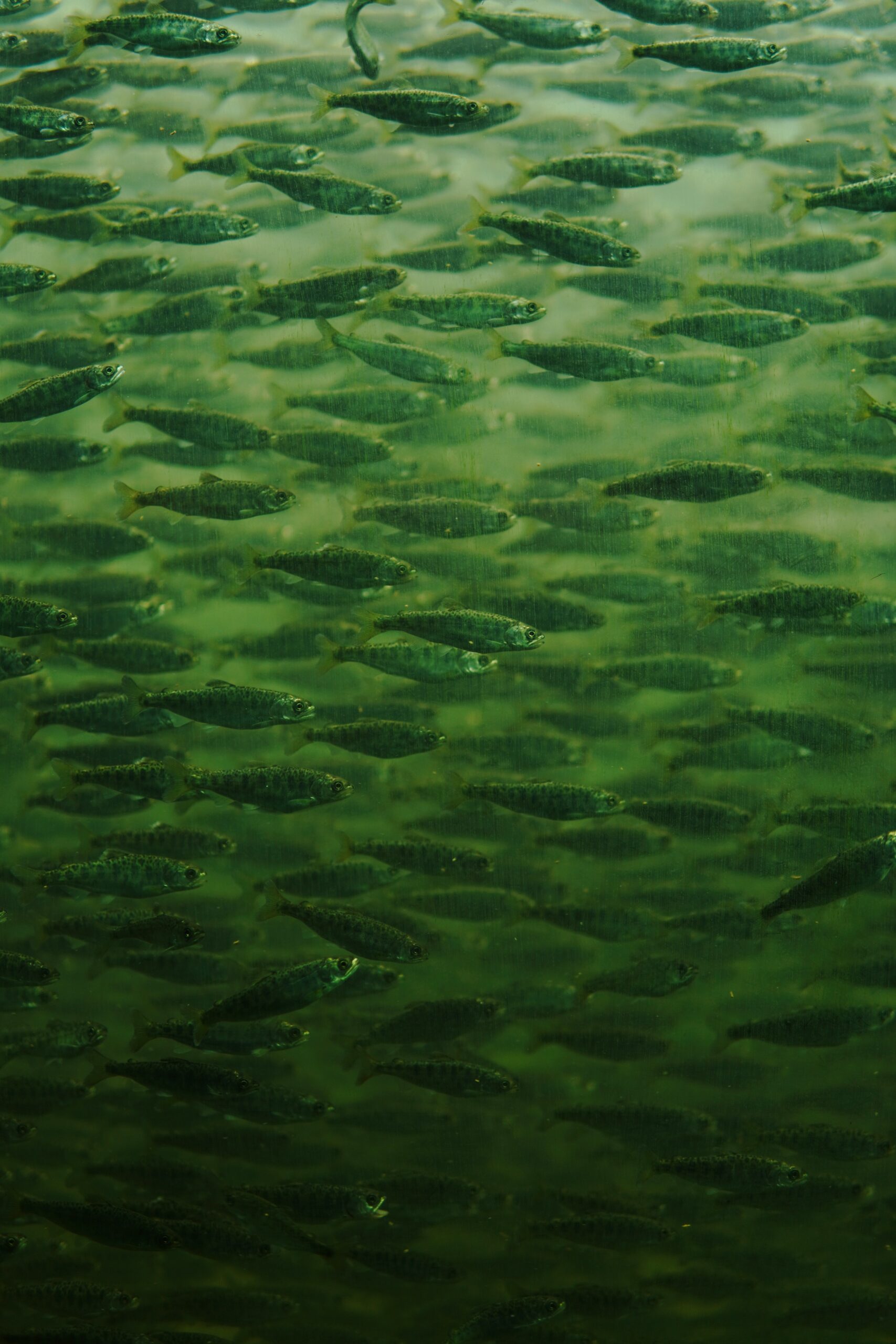
Protecting the Coast & More
Ocean Biodiversity Needs Your Help
Yes, I want to help protect Canada’s wilderness
